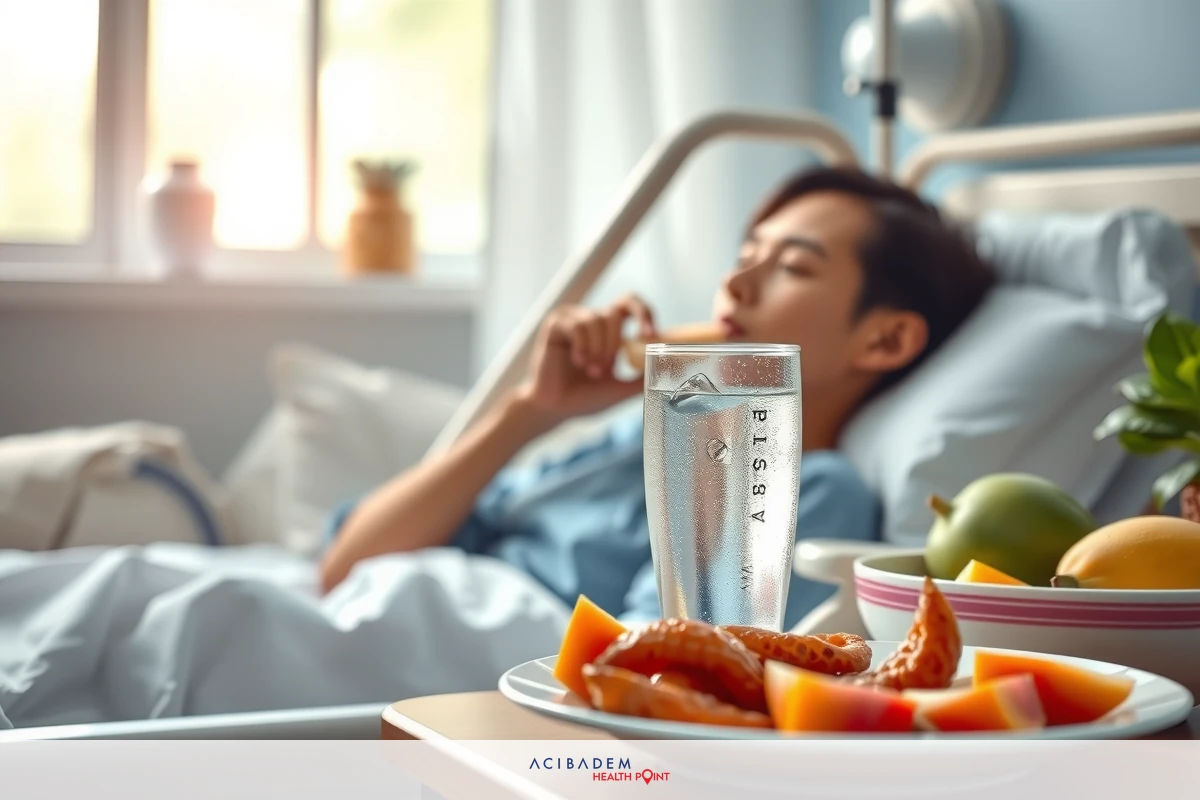Is Coffee Bad After Rhinoplasty?
The allure of a morning cup of coffee is undeniable for many. Yet, post-rhinoplasty, questions arise regarding the compatibility of this beloved beverage with the recovery process. The delicate balance between caffeine’s potential ill effects and its known benefits becomes a topic of interest.
Rhinoplasty brings about an altered physical state that demands careful choices to facilitate healing. Each decision, including dietary intake, can either support or hinder this journey towards wellness. The role coffee plays in your recuperation deserves attention as it may affect outcomes subtly yet notably.
Understanding how different beverages might impact postoperative care after rhinoplasty offers insights into optimal recovery strategies. Alternative drinks can play their part too, offering variety while also respecting health constraints during this period.
Alternative Beverages for Post-Rhinoplasty
Embarking on the path of recovery following rhinoplasty, you may find yourself needing to reconsider your beverage choices. As we’ve established, coffee, a staple in many people’s daily routines, might not be the ideal companion during this period due to its caffeine content and potential inflammatory effects. So what alternatives are there that can stand in for coffee while also supporting the healing process?
Water is always an excellent choice; it aids general health and boosts recovery by keeping you hydrated. Herbal teas offer another safe option; they come with zero to minimal traces of caffeine depending on the blend chosen. Chamomile tea or ginger tea could even provide some additional healing benefits due to their anti-inflammatory properties.
For those who miss the warmth and comfort of a cup of coffee but want to avoid caffeine, chicory root “coffee” offers a decent alternative. Chicory lacks caffeine entirely but mimics both the flavor profile and appearance of regular brewed coffee quite closely—making it an attractive substitute during postoperative care.
Fruit juices! But select wisely because some fruits like pineapple contain bromelain—an enzyme known for reducing swelling—which makes them especially beneficial when recovering from surgery like rhinoplasty.
When maneuvering through post-rhinoplasty life aiming towards optimal health outcomes, carefully selecting beverages forms part of your strategy. Stepping away from your usual routine may seem daunting initially—but remember that these changes are temporary and aimed at facilitating smoother recovery periods after surgeries such as rhinoplasties.
Benefits of Limiting Coffee Intake
While coffee is loved globally for its energizing effect and rich flavor, it’s important to consider the potential

benefits that come with limiting consumption—especially during postoperative recovery. The initial stages following a rhinoplasty surgery demand your body’s full attention and resources for healing. Caffeine in coffee can interfere with this process by causing dehydration—a persistent enemy of efficient recovery—and increasing inflammation.
Taking steps to limit coffee intake doesn’t just alleviate these potential complications—it also opens up an opportunity for better hydration practices. Drinking more water or hydrating herbal teas instead of coffee ensures the body remains adequately hydrated, promoting faster wound healing and flushing out toxins.
There are also indirect benefits to explore. For instance, many people add sugar or high-fat dairy products to their cup of joe which—if consumed excessively—can contribute to unnecessary calorie intake and weight gain over time. By reducing your daily cups, you may find a natural decrease in overall caloric consumption—an unexpected benefit that goes beyond aiding your post-rhinoplasty recovery.
Caffeine has been linked to sleep disturbances when consumed later in the day due its stimulant effects on our nervous system – disrupting an essential element crucial for effective healing: restful sleep. Thus curbing coffee drinking could lead towards improved sleep quality ultimately supporting smoother recuperation from surgery.
Cutting back on java might be tough initially given the drink’s popularity; but recognizing how such change fosters a healthier environment conducive for speedy recovery helps make this temporary sacrifice worthwhile after all.
Frequently Asked Questions?
Is it safe to consume coffee during the recovery period after a rhinoplasty?
The advice on this can vary; however, some medical professionals recommend avoiding caffeine as it may contribute to inflammation and potentially slow healing. It's crucial always to follow your surgeon's specific instructions.
How does coffee affect my body postoperatively?
Caffeine, found in coffee, can cause an increase in blood pressure which could result in bleeding or swelling at the surgical site. Such complications might extend your recovery time.
Are there any types of coffees that are safer than others for consumption after surgery?
Regardless of the type - be it espresso or decaf - all forms of coffee contain caffeine, albeit in different amounts. Thus, all pose similar risks post-surgery due to their caffeine content.











